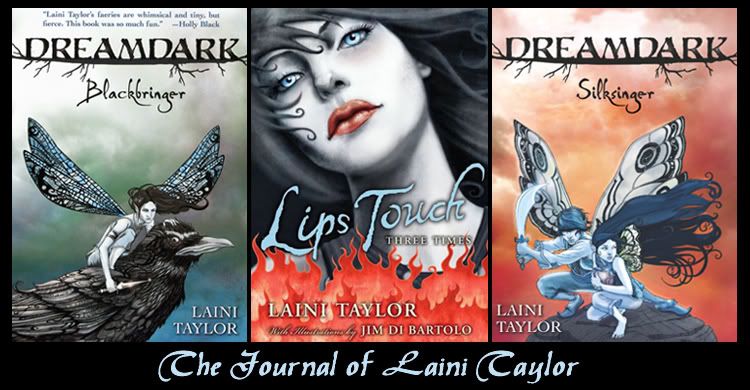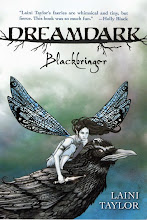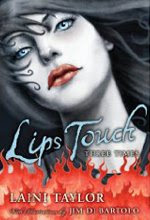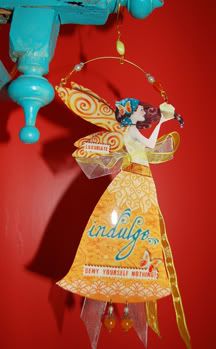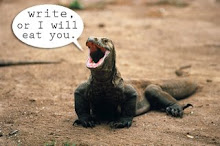
I stumbled upon this image while looking for pictures of what crocodile claws look like (don't ask why, but I urgently needed to know), and it seemed an appropriate image for the day because for some reason when we woke up this morning, before even getting out of bed, Jim and I were discussing whether we would rather lose a leg to a shark or a crocodile. I really couldn't decide, but Jim was quite certain that he would prefer a shark, believing it would be a quicker process. A croc might have to take more chomps than a shark. I don't know if that's true, and I hope I never know.
I must say, this morning's conversation, grim as it was, was much better than waking up to hearing on the radio that 183 people had been killed just that day alone in Baghdad, which made it something like the second bloodiest day of the war so far (last week). The war? What war? Oh. . . the war it's so easy for Americans to pretend is not happening, except when the pesky radio wakes you with news like that. What a way to start the day. Poor us, having to listen to that. Solution? Set the radio to a music station. It's really
that easy to pretend your nation is not at war.
So, next question: would you rather lose your leg to a shark or a crocodile, or would you rather live in Baghdad?
If it sounds like my tone is light, please believe it is not. It is bitter. I've been doing some writing in preparation for a talk I will be doing next week at the public library in Topeka, Kansas, and since the library has embraced the book
Fahrenheit 451 by Ray Bradbury for its summer reading program, I am rereading the book, and really thinking about it. And
wow is it a great book. Here are some of my thoughts so far:
The best hope for humanity is suppleness of mind.Mark Twain said, "You should get your mind out and dance on it. That might take some of the rigidity out of it," and I love the image of a whole roomful of square-dancers tossing their hard-as-snail-shells minds on the floor and tromping all over them until they are as supple and fine as well-loved baseball mitts. Minds can harden into shells that no new ideas can penetrate, and more importantly, no empathy can penetrate, and I think that might be our downfall. Those hardened chitin minds are what enable some people to think things like "Iraq = bad," an unsophisticated thought unworthy of our humanity. {I read an interview recently in which a writer (forget who, sorry) told how after 9/11 her child's classmates were scribbling Afghanistan off the maps in their textbooks, and how chilling that was -- the message these children were getting from somewhere to obliterate an entire nation. And sadly, it's not just kids who think that way.}
The next part of my thinking is that the two best ways to keep a supple mind are:
travel and
fiction. Two of my favorite things, as luck would have it. Not everyone can travel, especially as children, but everyone can read. And the more books we read, the more our humanity grows, the more sophisticated our empathy, the more supple our minds, until at last we are not the sort of people who could ever believe that a whole nation of people, or a whole religion, could be evil or lesser, but only different, and probably not even all that different. The more characters we read, the more we subsume them, they become a part of us, and our minds grow. And grow. And then when we hear a news headline, our imaginations are that much more equipped to supply flesh and blood images to go along with them. And to every situation that the news reduces to its most simplistic factual elements, we can imagine a story behind it. Even if we are not imagining it just right, as readers who have made a thousand characters citizens of our own vast minds, we can imagine the complexity, the challenge, the struggles of strangers. The way poor decisions beget more poor decisions, the way desperation leads to tragedy, the crazy paths that lead people to do the things they do. And we can never just shake our heads and make simplistic judgements. We readers
know how complicated life is, and not just our own, but all the lives we've read about. And knowing this makes us better.
The main character in
Fahrenheit 451, Montag, happens to have retained, against all odds, some suppleness of mind in the midst of his lunatic world, some faculty that allows him to wonder and to think. That is the seed of hope. When you hear that someone was raised deep in a fundamentalist sect of a religion, be it Christian or Muslim or other, has been reared on intolerance and yet managed to disentangle their minds from it, you see: there is hope. Not everyone can do it, but I bet fiction readers stand a better chance than most.
So read and let others read. Anything and everything. Down the path of banned books, and the path of no books, lies a poor, starved world filled with hard, dull minds. Don't go there!




